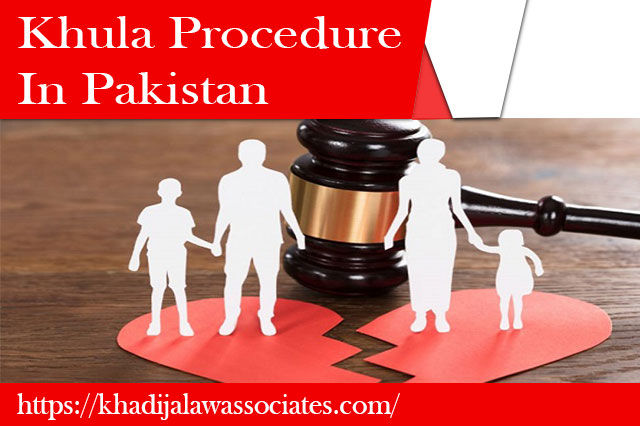Can Khula be contested by the Husband, and What Happens if it is?
- Khadjia Law
- Jan 19, 2024
- 3 min read
Yes, Khula can be contested by the husband in Pakistan. When a woman initiates the Khula Procedure in Pakistan, the court typically serves a notice to the husband, informing him of the legal proceedings and providing an opportunity to respond. The husband has the right to contest the Khula petition, raising objections and presenting his side of the case. The contestation can lead to a more detailed legal process and may involve hearings, evidence presentation, and court deliberations.
Here's what happens if Khula is contested by the husband:
1. Response to Notice:
Upon receiving the notice from the court, the husband is expected to respond within a specified timeframe. The response may include objections to the grounds for Khula, disagreements on financial matters, child custody issues, or any other relevant concerns.
2. Court Hearings and Proceedings:
The contested Khula case proceeds to court hearings where both parties present their arguments, evidence, and witnesses. The court considers the merits of the case, evaluates the evidence presented, and may inquire further into the reasons for contestation.
3. Mediation and Reconciliation Efforts:
In contested Khula cases, the court may intensify efforts toward reconciliation and resolution of disputes. Mediation services may be offered to encourage the parties to reach an amicable agreement. The court may provide counseling or explore potential solutions to address the contested issues.
4. Presentation of Evidence:
Both parties have the opportunity to present evidence supporting their respective positions. This may include witness testimonies, documentation related to financial matters, and any other relevant evidence to substantiate their claims.
5. Child Custody Considerations:
If child custody is a contested issue, the court carefully assesses the best interests of the child. The parties may propose custody arrangements, visitation schedules, and other factors relevant to the well-being of the child.
6. Financial Matters and Settlements:
Contested Khula Procedure in Lahore cases often involve disagreements over financial matters, including maintenance and support. The court may inquire into the financial status of both parties and make decisions regarding financial settlements based on the evidence presented.
7. Legal Representation:
Both the woman seeking Khula and the contesting husband may have legal representation to advocate for their respective interests. Legal counsel plays a crucial role in presenting arguments, advising clients, and ensuring that the legal proceedings adhere to established procedures.
8. Decision by the Court:
After considering all arguments, evidence, and relevant factors, the court decides on whether to grant Khula. The court's decision takes into account the validity of the grounds for Khula, the best interests of any children involved, and the equitable resolution of financial matters.
9. Appeals Process:
If either party is dissatisfied with the court's decision, they may have the option to appeal the judgment. The appeals process allows for a higher court to review the case and decide on the contested issues.
10. Enforcement of Decree:
Once the court grants Khula, the decision is formalized in a divorce decree. The divorce decree outlines the terms and conditions of the divorce, including any financial settlements, child custody arrangements, and other relevant matters. The decree is legally binding, and both parties are obligated to comply with its terms.
11. Iddah Period and Finalization:
After the issuance of the divorce decree, the woman enters the Iddah period, a waiting period prescribed by Islamic law. Once the Iddah period is completed, the divorce is finalized, and both parties are legally divorced.
Conclusion:
Contesting Khula by the husband introduces additional complexity into the legal process, requiring a thorough examination of the contested issues by the family court. The esteemed team of expert lawyers at Khadija Law Associates excels in providing exceptional legal services to clients dealing with family disputes. The court's role is to ensure a fair and just resolution, taking into account the legal, financial, and familial aspects of the contested Khula case. Legal representation is crucial for both parties to navigate the contested Khula process effectively, present their cases, and seek a resolution that aligns with their respective interests. Ultimately, the court's decision determines whether Khula is granted, and the terms of the divorce are formalized in a legally binding decree.





Comments